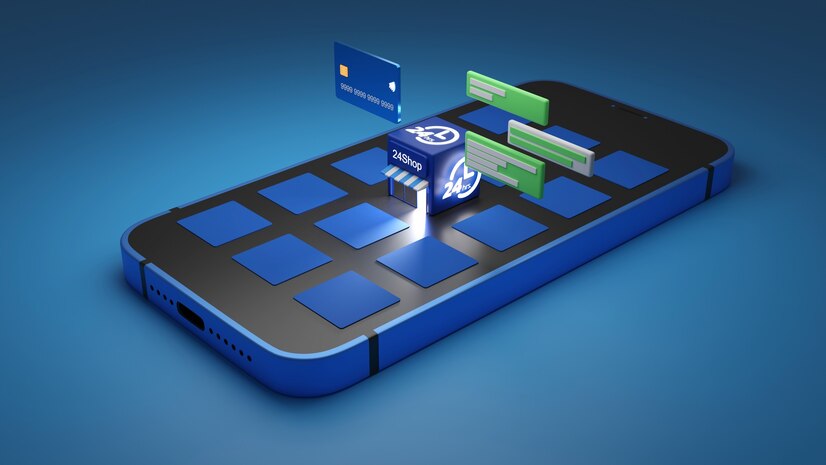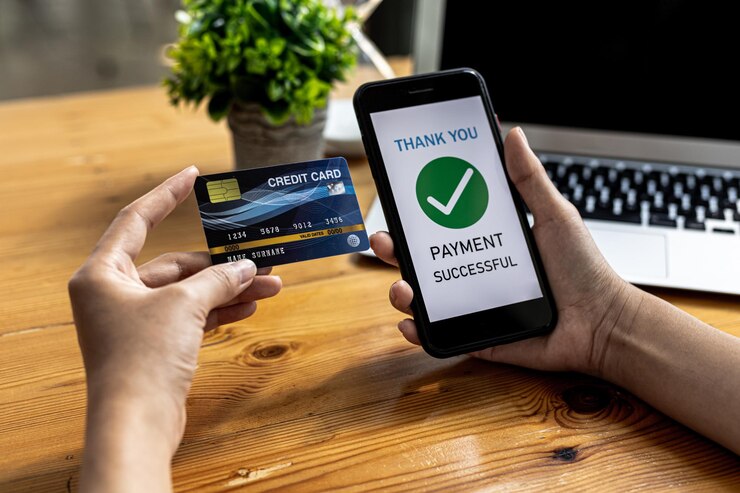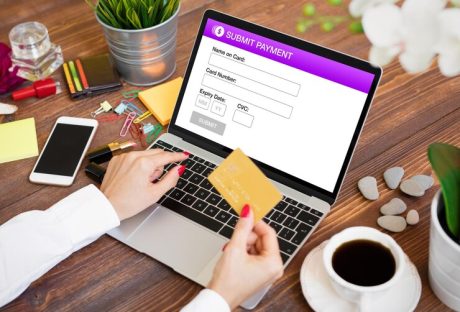Managing your bills can be a daunting task, especially if you have multiple payments to make each month.
However, direct debit payment solutions can help simplify your life and ensure that your bills are always paid on time. In this article, we’ll share five tips for using direct debit payments solutions and how they can help you stay ahead of your bills.
Here Are The Five Best Ideas For Using Direct Debit Payment Solutions
1. Choose the Right Direct Debit Payment Solution for Your Needs

The first step to staying ahead of your bills is to choose the right direct debit payment solution for your needs. There are a variety of options available, from individual bill payments to automatic withdrawals for multiple bills.
Consider your monthly expenses and the frequency of your payments to find a solution that works for you. Some popular options include PayPal, Stripe, and QuickBooks.
2. Set Up Automatic Payments for All of Your Bills
Once you have chosen a direct debit payment solution, the next step is to set up automatic payments for all of your bills.
This will ensure that your bills are always paid on time and that you never miss a payment. Most direct debit payment solutions allow you to set up automatic payments with just a few clicks. Simply enter your bill details, including the amount due and the due date, and the payment will be automatically withdrawn from your account.
3. Keep Track of Your Payments

While direct debit payment solutions can make your life easier, it’s still important to keep track of your payments. Make a list of all the bills you have set up for automatic payment and their due dates.
This will help you avoid any surprises, such as unexpected charges or missed payments. You can also use a budgeting app or spreadsheet to keep track of your expenses and ensure that you are staying within your budget.
4. Make Sure You Have Sufficient Funds in Your Account
One of the benefits of direct debit payment solutions is that they allow you to automate your bill payments. However, it’s important to make sure that you have sufficient funds in your account to cover your bills.
If you don’t, you could be hit with overdraft fees or your payments may be declined. To avoid this, set up alerts on your account to notify you when your balance is low, or consider setting up a separate account specifically for your bills.
5. Stay Vigilant Against Fraudulent Activity

Unfortunately, fraud and scams can happen with any payment method, including direct debit payments. To protect yourself, it’s important to stay vigilant against fraudulent activity.
Keep an eye on your account activity and report any suspicious charges or withdrawals to your bank or payment provider immediately. It’s also a good idea to use a strong and unique password for your direct debit payment solution account and enable two-factor authentication for added security.
Conclusion
Direct debit payment solutions can help simplify your life and ensure that your bills are always paid on time. By following these five tips, you can stay ahead of your bills and enjoy the peace of mind that comes with knowing your bills are taken care of.
Remember to choose the right direct debit payment solution for your needs, set up automatic payments, keep track of your payments, make sure you have sufficient funds in your account, and stay vigilant against fraudulent activity. With these tips, you’ll be well on your way to financial success.
Read Also:






















